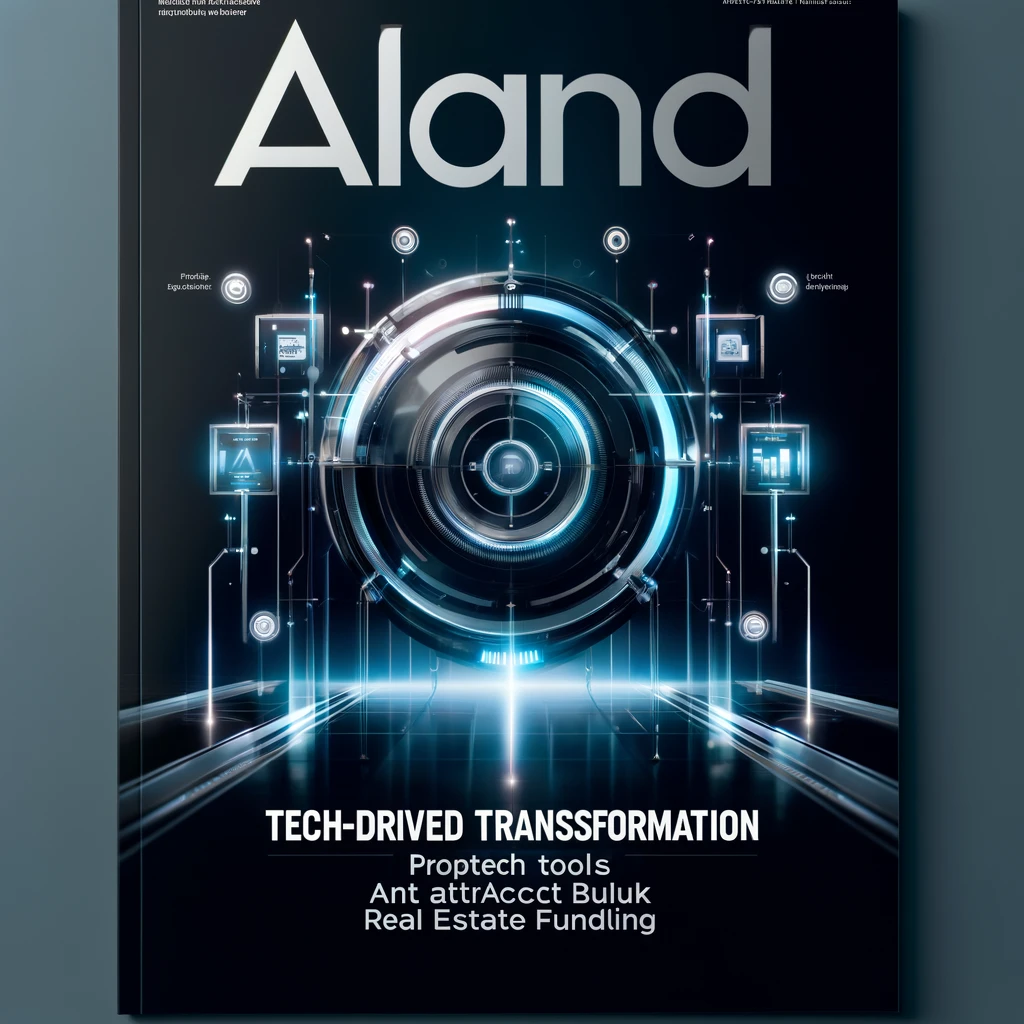Tech-Driven Transformation: PropTech Tools That Attract Bulk Real Estate Funding
- Published Date: 8th Mar, 2025
-
5★ ★ ★ ★ ★(150)

Real estate, once dominated by traditional business models, is rapidly evolving through technological innovation. PropTech—technology applied to real estate—has emerged as a catalyst, not only reshaping the way the industry operates but also attracting substantial funding. The role of PropTech tools in transforming real estate markets is paramount, driving efficiencies, reducing risks, and enabling enhanced investor engagement. As we enter an era where digital transformation intersects with property investment, understanding how PropTech tools can attract bulk real estate funding is crucial for both investors and developers.
1. Data-Driven Decision Making
One of the most compelling reasons PropTech has garnered significant attention from investors is its ability to harness data for informed decision-making. PropTech tools utilize data analytics to assess market trends, predict future property values, and streamline investment strategies. This level of precision has transformed the investment process, making it more transparent and measurable, thus reducing risk—a key factor in attracting bulk funding. Investors are now able to track property performance in real-time and make data-driven decisions, increasing investor confidence.
Dr. Pooyan Ghamari, a Swiss Economist and founder of ALand, emphasizes the critical importance of data analytics in today’s market. "Investors are looking for clear, measurable outcomes. PropTech empowers them by providing the analytics needed to optimize decision-making. It's not just about buying property; it's about investing intelligently," says Ghamari. Real-time data feeds, market performance indicators, and predictive algorithms allow stakeholders to take calculated risks, making property investments more attractive for institutional investors and high-net-worth individuals.
2. Tokenization and Blockchain Technology
Tokenization, powered by blockchain technology, is another game-changer in the real estate market. Through tokenization, real estate properties can be divided into smaller, tradable units, allowing investors to buy fractional ownership in high-value assets. This process lowers the entry barriers for investors, broadens the pool of potential funders, and increases liquidity in the real estate market.
For institutional investors and venture capitalists, tokenized real estate provides a new avenue for diversification. The blockchain ensures transparency and security, addressing concerns that have traditionally hindered investment in real estate, such as fraud and lack of liquidity. "Tokenization enables smaller investors to participate in larger deals, while larger funds can access a much broader market," Ghamari notes. This innovation has already attracted significant venture capital funding, with more institutions jumping on board to explore the opportunities in fractionalized real estate assets.
3. Automation and Operational Efficiency
PropTech tools have automated various functions within the real estate sector, from property management to financing and legal processes. Automation reduces operational costs, accelerates transactions, and eliminates bottlenecks that typically slow down property deals. By streamlining operations, PropTech platforms provide real estate companies with cost savings and quicker returns on investment, making them more appealing to institutional investors.
Platforms like ALand's real estate investment tools provide end-to-end solutions that automate the entire process, from initial investment evaluation to property management, helping to drive efficiency and profitability. This increased operational efficiency attracts bulk real estate funding by showing investors that their capital will be utilized in the most effective manner.
4. Sustainability and Green Technology
As environmental concerns grow, PropTech tools that incorporate sustainable and energy-efficient solutions are becoming increasingly attractive to investors. These tools help property developers meet global environmental standards, reduce energy consumption, and lower operating costs—resulting in higher returns on investment. Green buildings, powered by sustainable technologies like energy-efficient heating systems and smart grids, are more desirable in the eyes of both tenants and investors.
Ghamari highlights the importance of integrating sustainability into investment strategies: "Investors are increasingly prioritizing sustainability. PropTech provides developers with the tools needed to meet green building standards, which not only attract tenants but also align with global shifts toward environmentally responsible investing."
5. Virtual and Augmented Reality (VR/AR)
Virtual and augmented reality have revolutionized property tours, allowing potential buyers and investors to view properties remotely, from anywhere in the world. These technologies provide immersive experiences that simulate real-world property visits, which is particularly valuable for international investors who might not be able to travel.
By incorporating VR/AR into their platforms, PropTech companies provide an added layer of convenience and efficiency, helping to accelerate decision-making and attract funding. Investors can engage with properties in a virtual setting before making any commitments, which reduces the time spent on physical property visits and expedites the overall investment process.
Practical Takeaways
- Leverage Data Analytics: PropTech tools offer advanced analytics to track and predict property performance. Investors should prioritize platforms that provide this data in real-time to enhance their decision-making process.
- Adopt Tokenization: Property developers and investors can explore fractionalized investment models by leveraging blockchain technology for tokenized real estate. This attracts a broader range of investors while improving liquidity.
- Utilize Automation: Reducing operational costs and streamlining processes through automation enhances profitability and attracts funding. PropTech platforms that simplify real estate transactions will be key in securing investment.
- Embrace Sustainability: Investors are increasingly interested in properties that meet sustainability standards. Developers should integrate green technologies into their projects to enhance appeal and attract funding.
- Incorporate VR/AR: Virtual and augmented reality technologies make property viewing easier and more accessible, helping to reach global investors and secure faster funding.
For continued insights and to explore the innovative solutions shaping the future of real estate, visit ALand Blog, ALand Platform, and EE Gold.

